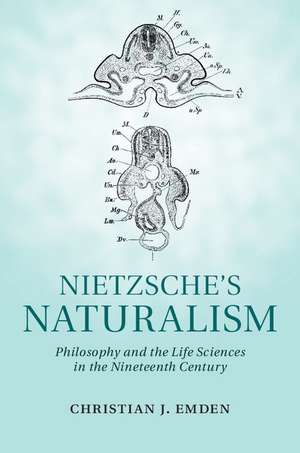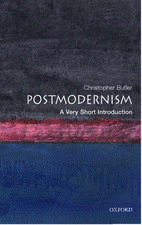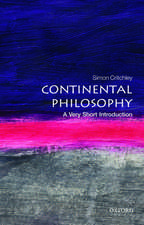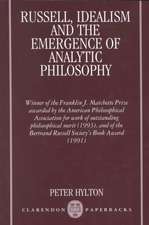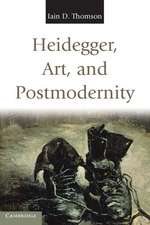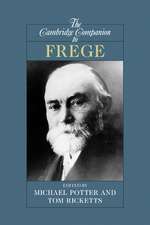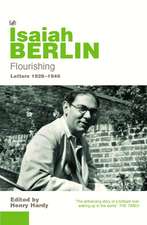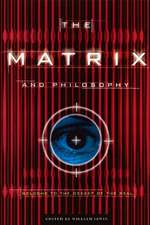Nietzsche's Naturalism: Philosophy and the Life Sciences in the Nineteenth Century
Autor Christian J. Emdenen Limba Engleză Hardback – 28 mai 2014
| Toate formatele și edițiile | Preț | Express |
|---|---|---|
| Paperback (1) | 281.74 lei 6-8 săpt. | |
| Cambridge University Press – 15 mai 2019 | 281.74 lei 6-8 săpt. | |
| Hardback (1) | 689.12 lei 6-8 săpt. | |
| Cambridge University Press – 28 mai 2014 | 689.12 lei 6-8 săpt. |
Preț: 689.12 lei
Preț vechi: 774.29 lei
-11% Nou
Puncte Express: 1034
Preț estimativ în valută:
131.96€ • 135.97$ • 110.73£
131.96€ • 135.97$ • 110.73£
Carte tipărită la comandă
Livrare economică 21 februarie-07 martie
Preluare comenzi: 021 569.72.76
Specificații
ISBN-13: 9781107059634
ISBN-10: 1107059631
Pagini: 263
Dimensiuni: 157 x 235 x 20 mm
Greutate: 0.52 kg
Ediția:New.
Editura: Cambridge University Press
Colecția Cambridge University Press
Locul publicării:New York, United States
ISBN-10: 1107059631
Pagini: 263
Dimensiuni: 157 x 235 x 20 mm
Greutate: 0.52 kg
Ediția:New.
Editura: Cambridge University Press
Colecția Cambridge University Press
Locul publicării:New York, United States
Cuprins
Introduction; Part I. Varieties of Philosophical Naturalism: 1. Introduction; 2. The neo-Kantian stance; 3. Nietzsche's 'anti-Darwinism'?; 4. Psychology, experiment, and scientific practice; 5. Three kinds of naturalism; Part II. Evolution and the Limits of Teleology: 6. Introduction; 7. Problems with purpose; 8. The politics of progress; 9. Naturalizing Kant; 10. Genealogy and path dependence; Part III. Genealogy, Nature, and Normativity: 11. Introduction; 12. 'Darwinism's' metaphysical mistake; 13. Living things and the will to power; 14. Toward a natural history of normativity; 15. 'Naturalism in morality'; Bibliography; Index.
Recenzii
'Emden manages to convey the broader historical and scientific backdrop against which Nietzsche was operating, and he offers the reader new material with which to assess Nietzsche's thought. His work - well-written, accessible and meticulously researched - has an impressive command of the secondary research, and it will be considered a welcome addition to the recent arsenal of naturalist perspectives on Nietzsche.' Dirk R. Johnson, Hampden-Sydney College
'This is an important, timely study that throws fresh light on the formation and development of Nietzsche's thought by examining it in the context of contemporary German debates about the 'philosophy of nature' (Naturphilosophie) and Darwinism. Emden intelligently combines close readings of individual works with more general discussions of the changes in philosophy and science that took place in the second half of the nineteenth century to arrive at a new interpretation of Nietzsche's unique brand of naturalism.' Martin A. Ruehl, University of Cambridge
'Although recent years have witnessed a renaissance of interest in Nietzsche's naturalism, we lack in English-speaking commentary an adequate appreciation of his relation to the life sciences of his time. Christian J. Emden's study corrects this situation and provides a concerted reconstruction of Nietzsche's philosophical naturalism. His insights into Nietzsche's relation to Darwinism and into what it means to naturalize Kant are amongst the most subtle and incisive I have encountered. This is a fine and important study and will appeal to readers across the disciplines, including intellectual history, philosophy, cultural studies, and German studies.' Keith Ansell-Pearson, University of Warwick
'Christian J. Emden has written the book on Nietzsche's biological naturalism which many of us have been waiting for. Situating Nietzsche's later work amidst the shifting currents of nineteenth-century cell theory, embryology, neo-Kantianism, and evolutionary thought brings out new philosophical complexity and depth in his genealogical project, and reinforces Nietzsche's relevance to philosophy today.' Joseph Rouse, Wesleyan University, Connecticut
'This is an important, timely study that throws fresh light on the formation and development of Nietzsche's thought by examining it in the context of contemporary German debates about the 'philosophy of nature' (Naturphilosophie) and Darwinism. Emden intelligently combines close readings of individual works with more general discussions of the changes in philosophy and science that took place in the second half of the nineteenth century to arrive at a new interpretation of Nietzsche's unique brand of naturalism.' Martin A. Ruehl, University of Cambridge
'Although recent years have witnessed a renaissance of interest in Nietzsche's naturalism, we lack in English-speaking commentary an adequate appreciation of his relation to the life sciences of his time. Christian J. Emden's study corrects this situation and provides a concerted reconstruction of Nietzsche's philosophical naturalism. His insights into Nietzsche's relation to Darwinism and into what it means to naturalize Kant are amongst the most subtle and incisive I have encountered. This is a fine and important study and will appeal to readers across the disciplines, including intellectual history, philosophy, cultural studies, and German studies.' Keith Ansell-Pearson, University of Warwick
'Christian J. Emden has written the book on Nietzsche's biological naturalism which many of us have been waiting for. Situating Nietzsche's later work amidst the shifting currents of nineteenth-century cell theory, embryology, neo-Kantianism, and evolutionary thought brings out new philosophical complexity and depth in his genealogical project, and reinforces Nietzsche's relevance to philosophy today.' Joseph Rouse, Wesleyan University, Connecticut
Notă biografică
Descriere
This book examines Nietzsche's philosophical naturalism both historically and philosophically, establishing a link between his discussions of nature and normativity.
